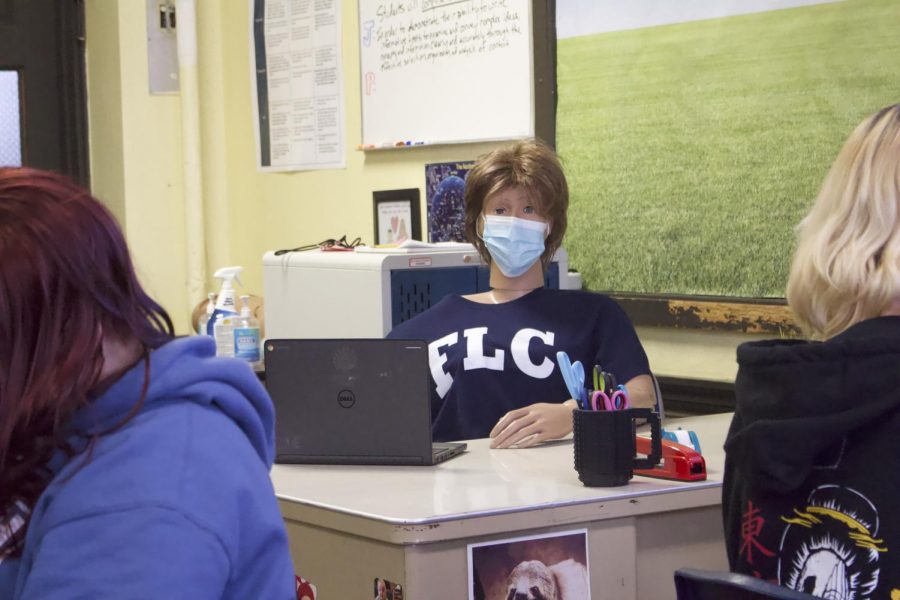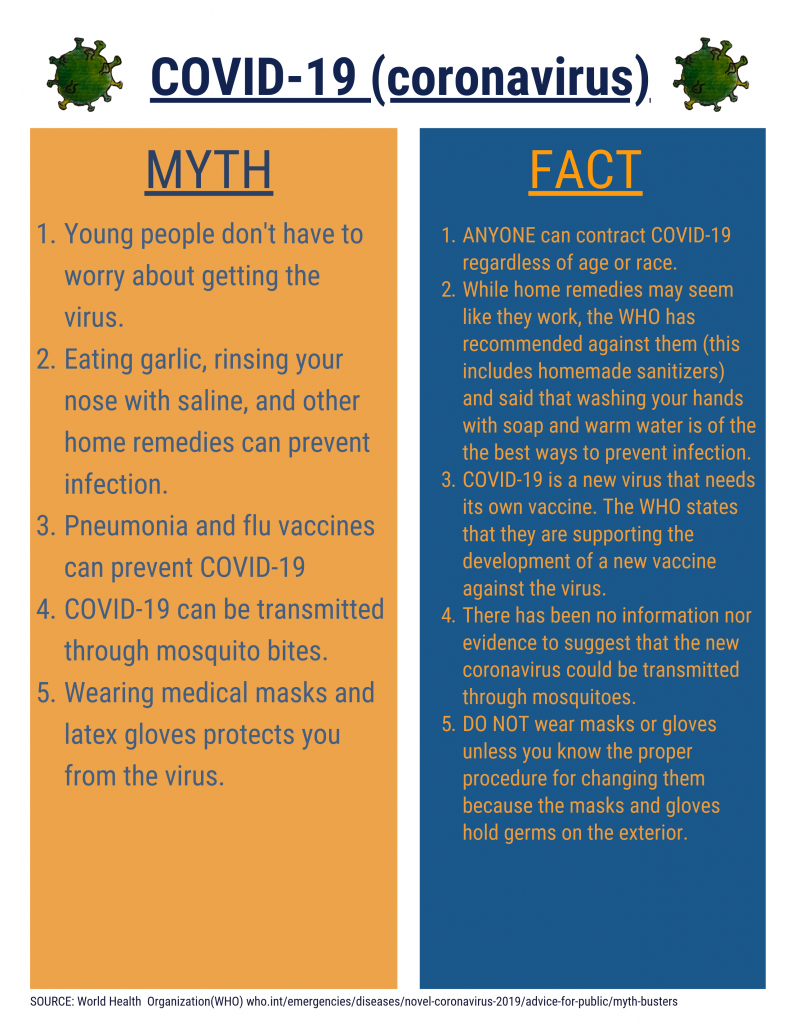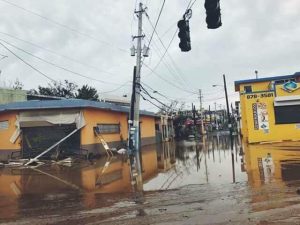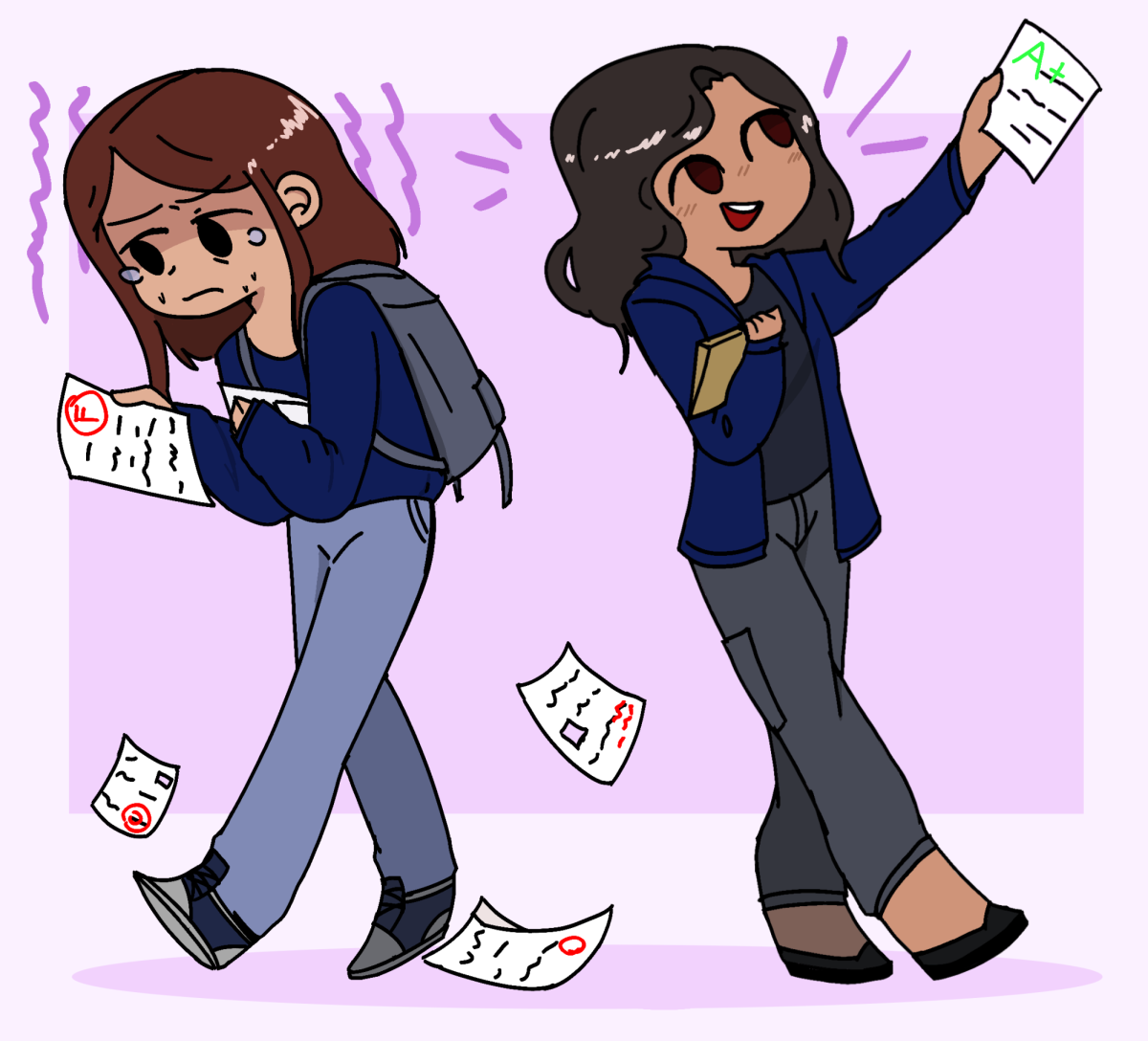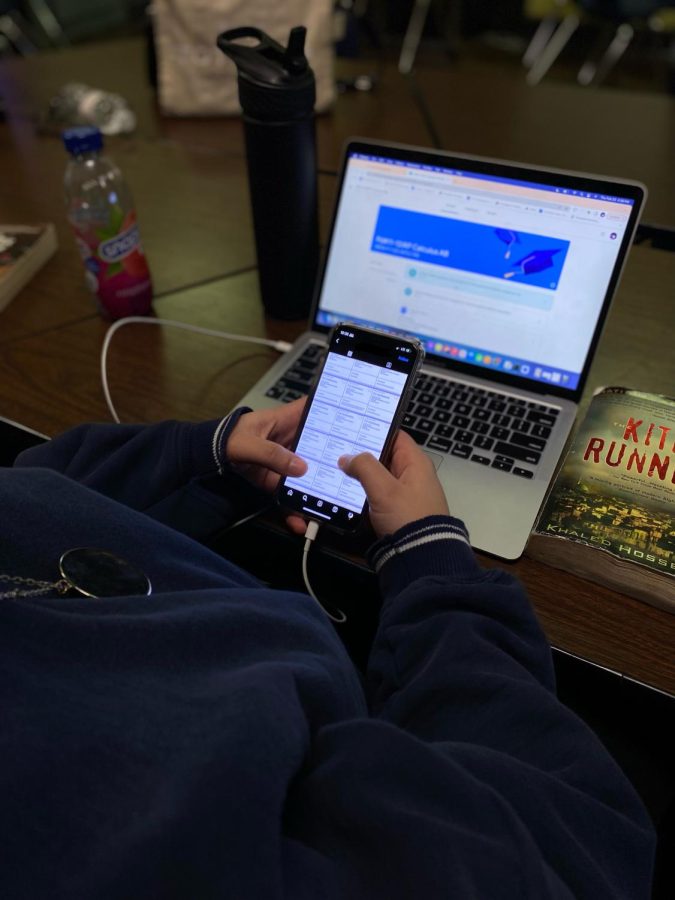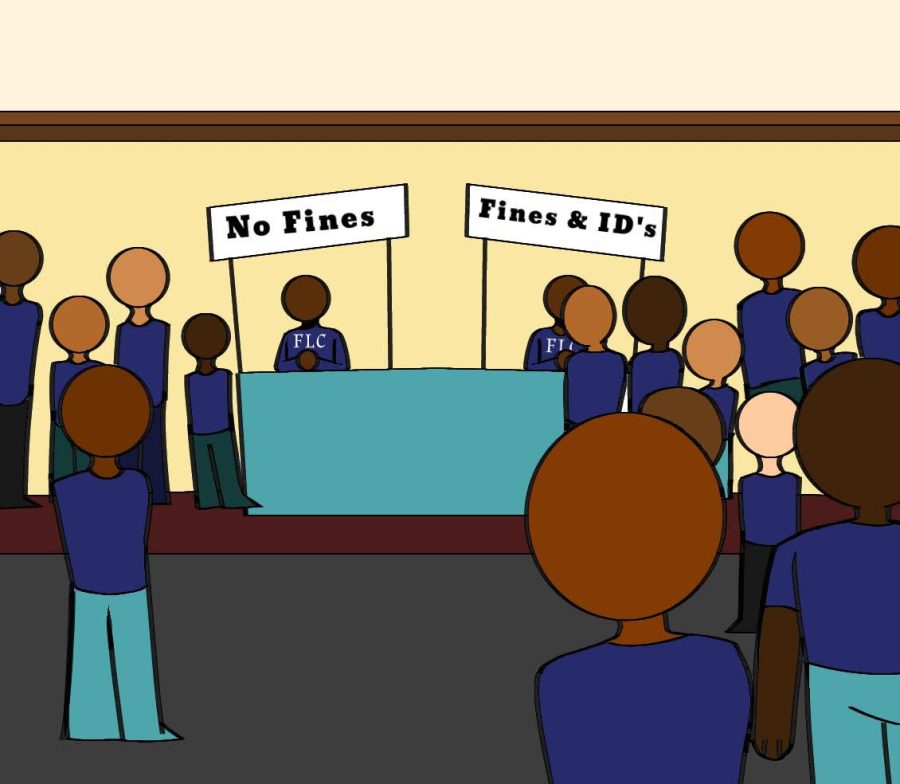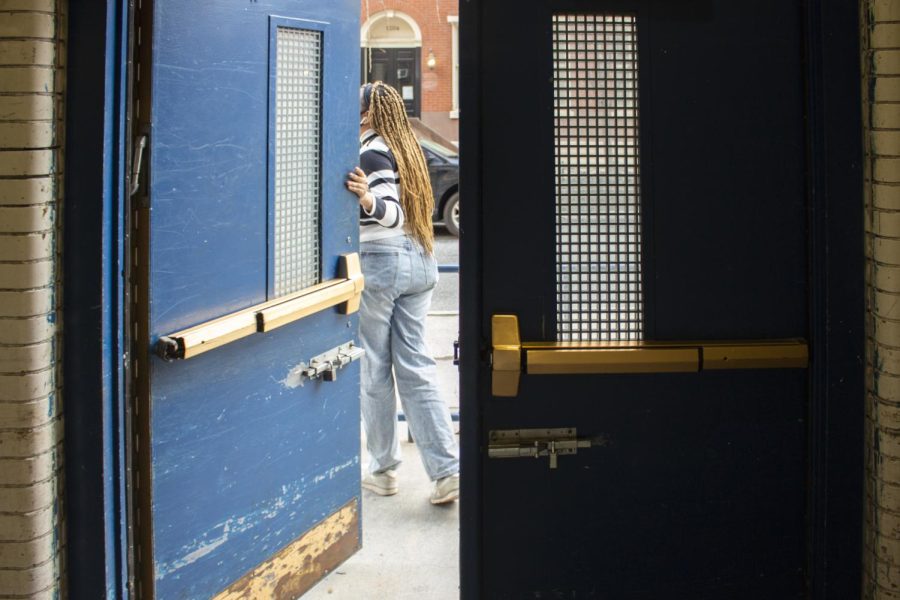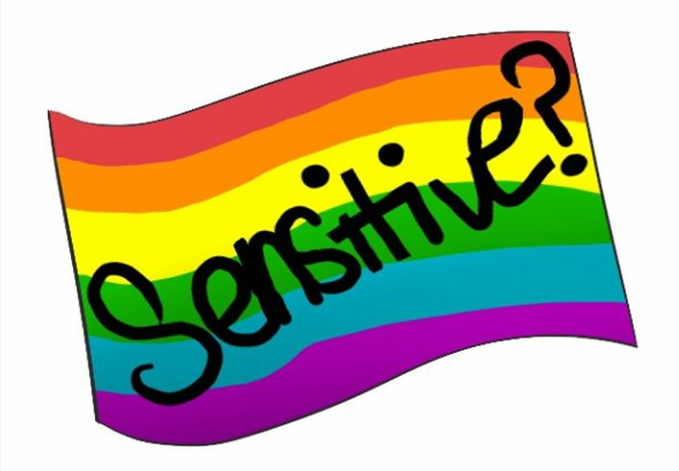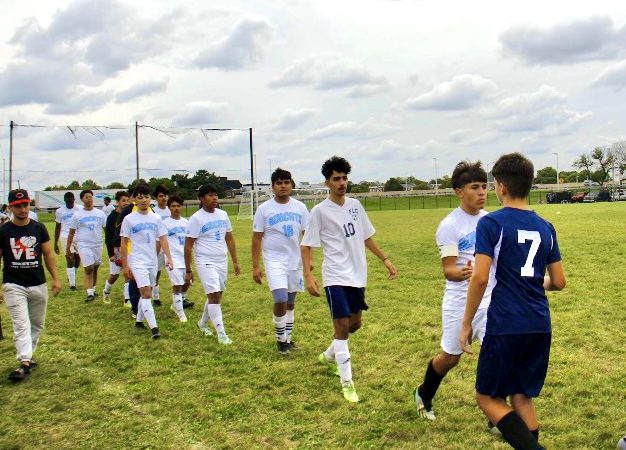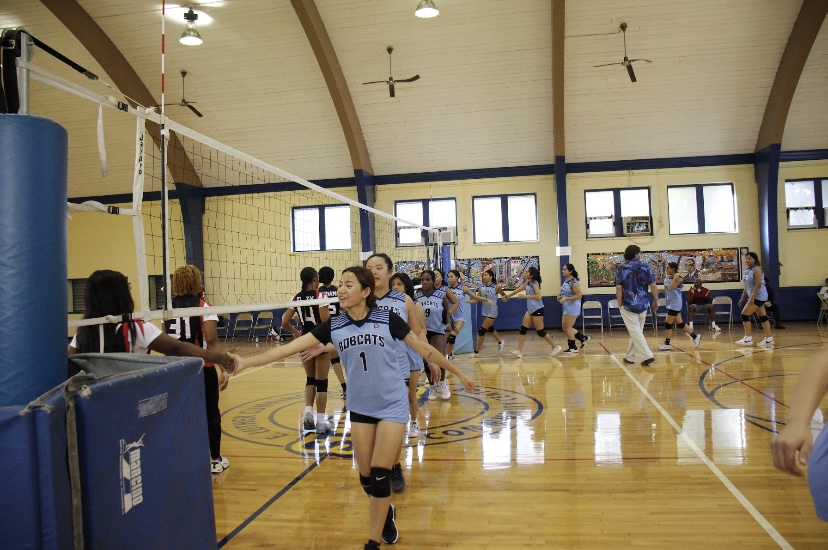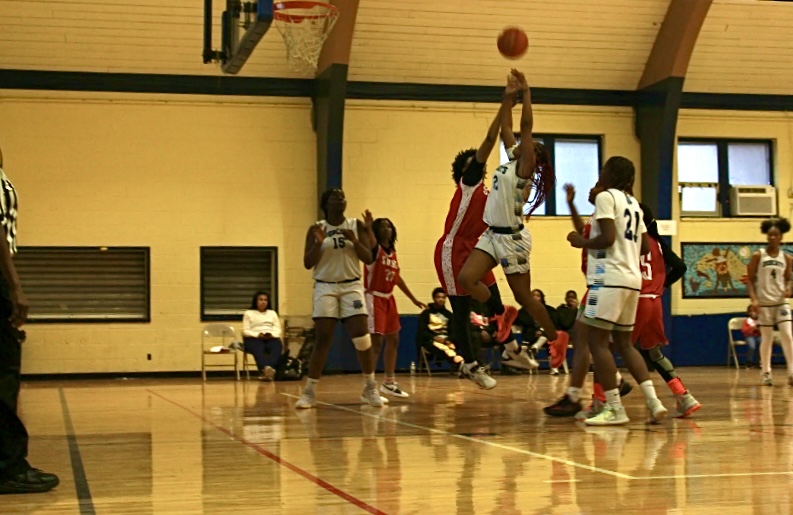Act 158 should be pushed back
March 9, 2023
Act 158 Should Be Pushed Back
On October 24, 2018, Governor Tom Wolf signed Act 158 into law. However, certain circumstances delayed the execution of the act. Beginning with the class of 2023, Pennsylvania is officially implementing Act 158, which outlines new graduation requirements for high school students. Along with earning 23.5 credits (Figure 1) in key subject areas and completing a multi-disciplinary or service learning project, students must meet the criteria for one of the five Pathways to Graduation.
| Class | Credits Required | Class | Credits Required |
| English | 4 | World Language | 2 |
| Mathematics | 3 | Arts and Humanities | 2 |
| Science | 3 | Physical Education | 1 |
| Social Science | 3 | Health | 0.5 |
| African American History | 1 | Electives | 4 |
(Figure 1; Table displaying the general credit requirements for graduation for key subject areas)
The Five Pathways to Graduation
Several pathways can be taken to meet graduation requirements, as outlined in the Pathways of Graduation (Figure 2). In both Pathways 1 and 2, students must meet the proficiency or composite requirements for Keystone testing. The third pathway is available to students enrolled in Career and Technical Education (CTE) programs who have demonstrated a high likelihood of succeeding in their program. For Pathway 4, alternative assessment scores can substitute for Keystone scores, such as scores from Advance Placement (AP), SAT, and Armed Services Vocational Aptitude Battery (ASVAB) assessments. In Pathway 5, students are expected to demonstrate their readiness for meaningful engagement with postsecondary education based on their career goals and career plans. For a more detailed description of the Pathways to Graduation visit https://www.philasd.org/gradreq.
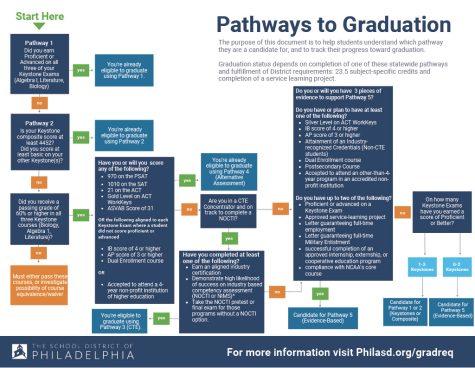
(Figure 2; A map of all the Pathways to Graduation provided by The School District of Philadelphia)
Postponed, Then Passed
The year of requiring the use of the scores from Keystone Exams had been postponed due to a large percentage of students statewide failing to show proficiency on the test. According to the Allegheny Institute for Public Policy, over the following six years since the passing of the bill, test scores for Algebra and English have worsened and continued to do so following the pandemic. With this trend, it is safe to assume that scores have the possibility to continue to worsen, especially since the majority of students are still feeling the effects of the pandemic. How is it that students are expected to achieve proficiency or advance on their Keystone exams, if there is a decreasing trend in scores?
Should Act 158 Be Delayed Once Again?
Whether we ignore it, the fact still remains that the pandemic had negatively impacted all students’ education. Students are still currently trying to navigate a new normal following the pandemic; the last thing they need are new requirements that determine if they can graduate or not. Although many students had progressed to the next grade, information obtained from virtual was not fully grasped and was often forgotten by students.
To put it mildly, school during the pandemic was challenging. Even in the face of the virus, students were expected to attend classes and receive excellent grades. Due to many students’ situations at home, they had difficulty maintaining virtual school. In some cases, students were expected to take care of sick and elderly family members, work and provide for their families, or even take care of their siblings.
A research organization, The Center for Reinventing Public Education, had studied the impact the pandemic had on students’ academic progress. The group had found that on average, students in all grade levels had suffered significant learning delays. For every month that students were not attending school in person, whether due to virtual learning or student absences, they fell farther below grade level. Of their findings, they had also found that low-income children and students of color, especially Black and Hispanic kids, missed out on academic gains the more time they spent in remote instruction.
The pandemic had put a hold on education for all students, especially English to Speakers of Other Languages (ESOL) and special education students. ESOL and special education students require a specific academic curriculum catered to their learning and language needs. When schools shifted to remote learning, their needs were not adequately met, which could affect their ability to fulfill the requirements for the Pathways of Graduation.
Based on the data provided by The School District of Philadelphia, in the school year of 2018-2019, about 53% of all students at Franklin Learning Center had scored either Proficient or Advanced on the Literature Keystone exam. Of those students, only 13% of English Learners were able to achieve either Proficient or Advanced on the exam – and that was before the pandemic.
Due to the impact the pandemic had on all students academically, Act 158 should be pushed back onto the class of 2036. Kindergartners that start school next year will be a part of the class of 2036. These students would be the first class to not have experienced school during the pandemic or the year of transitioning students from remote to in-person learning. By 2036, the effects of the pandemic or the Coronavirus will likely be insignificant and will have little-to-no impact on students’ education. By not experiencing school during the pandemic, students would be more equipped to fulfill the requirements for graduating high school.
Why Now?
Additionally, we are seeing colleges starting to withdraw from using standardized test scores as consideration for admissions. It doesn’t make sense to now require students to get satisfactory scores on assessment, especially keystones nonetheless, in order to graduate. Prior to Act 158, Keystone Exams were deemed unimportant and simply just a test students had to take. Keystone Exams didn’t hold any significance, though, now they are required for graduating. If colleges were willing to drop standardized tests, shouldn’t all schools do the same?







![[VIDEO] FLC 10th grade student awarded $40,000 in a BigFuture Scholarship](https://theflashflc.org/wp-content/uploads/2023/05/Screen-Shot-2023-05-02-at-4.39.10-PM-900x493.png)
![[VIDEO] Mayoral candidates campaign on student issues](https://theflashflc.org/wp-content/uploads/2023/04/IMG_1387-900x506.jpg)


